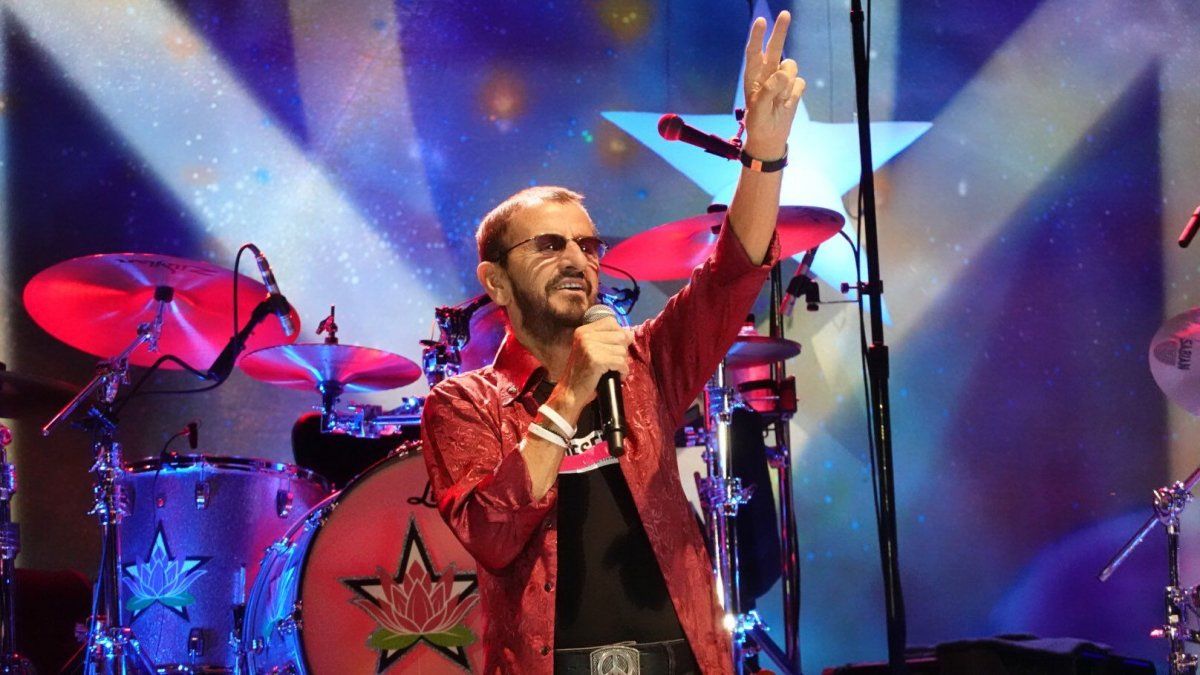The ideas of speculative fiction novels demonstrate Michael Nieva in “Capitalist science fiction” (Anagrama), an admirable essay on the behind-the-scenes of political reality and the current moment, are the foundation of the fallacious utopias of magnates like Musk, Bezos, Zuckerberg and his political acolytes. The Argentinian It snowsprofessor at New York University, has published, among other books “The childhood of the world” and “Technology and barbarism”. We dialogue with him.
Journalist: Why did reflecting on science fiction lead to having to talk about Donald Trump, Elon Musk and Javier Milei?
Michel Nieva: When I was writing my novel “The Childhood of the World,” which imagines the end of the world, I started reading novels and watching movies that deal with the end of the human species and the destruction of the planet. They were all very similar, as if the end of the world were the end of the imagination. While technological capitalism had more creative and powerful imaginations to solve climate change or the pandemic, many of those utopian, redemptive plans were inspired by the ideas and aesthetics of novels from the golden age of science fiction. I realized that the narrator or the science fiction reader is trained to understand the proposals of Musk, Bezos or Milei because they know where they took them from.
Q: What made leaders of global capitalism find their utopia in speculative fiction?
MN: In a time where there are no political solutions for economic, social or ecological emergencies, capitalism proposes technological advancement as a solution. In this it coincides with initial science fiction in a strong optimism in technology to solve humanity’s problems. This utopia allows them, at the same time, to continue amassing their fortune, and to criticize the State for impeding their continued development with taxes, which is the way to solve the problems that they themselves generated.
Q: How do these leaders manage to become popular?
MN: In a time of the failure of ideologies, of vacancy for the majorities of an identity that represents them, these characters of strong personalism summon these majorities in the face of the failure, for example, of the multiculturalism of liberal democracies. Majorities that feel impoverished cannot find a discourse that redeems them and a silent resentment grows within them. That resentment, of those who felt beaten by progressivism, is skillfully used by Trump or Musk.
Q: What made hippie bohemia and yuppies turn to the right?
MN: In “Capitalist Science Fiction” I investigate the birth of the “Californian ideology.” In the 90s, the hippie bohemianism of San Francisco, the counterculture, merged with the yuppie pragmatism of the technological emerging Silicon Valley. Corporations appropriate the practices of transgressors and propose a cool radicalism. From the communion of these tribes emanates a rabid hatred of the State and its intervention in individual and business freedoms. Attitude encouraged by new software and computing companies.
Q: Why do these people adopt the style and rebellion of heroes from science fiction and heroic fantasy novels?
MN: When cyberpunk literature emerges, Silicon corporations appropriate characters such as the hacker, the intelligent outlaw who knows how to handle technology, and escape from the inept and corrupt State. A libertarian, individualistic antihero who fights in an oppressive and cruel world. These ideas allow yuppies to disguise their companies as places of humanitarian struggle. “Snow crash” by Neal Stephenson is the lead work. At that time, at the top are Steve Jobs and Bill Gates, magnates who still participate in society through charity and philanthropy. Today the messianic hyper-tycoons brand themselves as saviors of humanity, convinced that they know what needs to be done. They mix cutting-edge technology with primitive narratives such as that of the patriarch who will save humanity from catastrophe, which makes them very attractive in the absence of strong personalities that represent society.
Q.: Elon Musk now began to actively act in politics, he arrived at the White House…
MN: The politics of our time is the effect of the corporations that Musk and company run. Since 2010, it has been discovered that the images, actions and sayings that provoke the most interactions on YouTube and social networks have to do with hate. There, videos that have to do with fake news begin to go viral. Passions are installed that end up being implemented as political passions in Trump, Bolsonaro or Milei. The politics of our time is the effect of how it is circulated on social networks, something that was already denounced in classic science fiction. The political arena of these characters is social networks, of which in many cases these magnates are owners. And presidents are only minor characters within this techno-capitalist world. This explains why these magnates, in certain cases, have decided to start acting directly in the highest politics.
Q.: Is your essay the Argentine contribution to the critical thinking of, among others, Yuval Noah Harari, Mark Fisher, Franco Berardi?
M.N.: From the south it is clearer to see the fallacies of the utopias of capitalist science fiction. What allows these utopias to work is leaving aside their effects in the south. For example, Musk’s electric cars are offered as a green technology that will solve climate change because it will not release carbon, but lithium is used to manufacture its batteries, which is extracted with serious ecological and humanitarian consequences in Argentina, Chile and Bolivia. These batteries are unsustainable, they are made for cell phones, which consume less energy, but not for cars, and they quickly become obsolete. These green and interplanetary utopias rely on discarding their effects in the Global South. A critical intervention from the South allows us to see this northern narrative more broadly.
Q: What are you up to now?
MN: In another essay, this time about science fiction and utopian fantasies regarding artificial intelligence.
Source: Ambito




